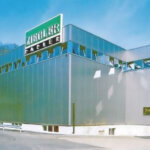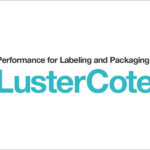
• IMPACTPapeRec is a European project to further increase the separate collection of paper for recycling and promote appropriate schemes to avoid landfilling and incineration.
• A best practice handbook will be developed to support the different EU regions in the implementation of best collection procedures.
January 31, 2016
IMPACTPapeRec started on 1 February 2016 for a period of two years and is financed by the European Union Horizon 2020 programme. It has evolved from a commitment on separate paper collection in the European Innovation Partnership on Raw Materials.
36 experts from eight countries representing research institutes, municipalities, obliged producers, paper industry and NGOs gathered in Valencia, Spain, to kick off the project and plan the activities for the next few months.
The project focuses on countries with below average paper recycling rates such as Bulgaria, Poland and Romania as well as countries where paper from households, small shops and offices is often collected in a commingled stream with other recyclables like in France and the UK. The participants started discussing the existing schemes as well as indicators to define best practice separate collection schemes.
IMPACTPapeRec is a consortium of 19 partners from 8 countries, i.e. Austria, Belgium, Bulgaria France, Germany, Poland, Romania and Spain. IMPACTPapeRec aims to put Europe at the forefront of paper for recycling (PfR) collection by providing an innovative and common knowledge platform. The innovative approach of the defined participatory strategy is based on the real engagement of the whole
Antonio Dobon from the project coordinator ITENE said: “We are very excited about the start of the project. It comes at a time when the European Commission presented its proposal for a Circular Economy stressing the importance of separate collection. With this project we will work to reach the recycling targets in those territories that are below the average. We will also seek for Paper for Recycling collection practices that allow reach both environmental and economic benefits. For doing so, we will define these best practices and spread them widely in Europe so that other municipalities can adopt them”.
This project has received funding from the European Union’s Horizon 2020 research and innovation programme under grant agreement No 690182.



